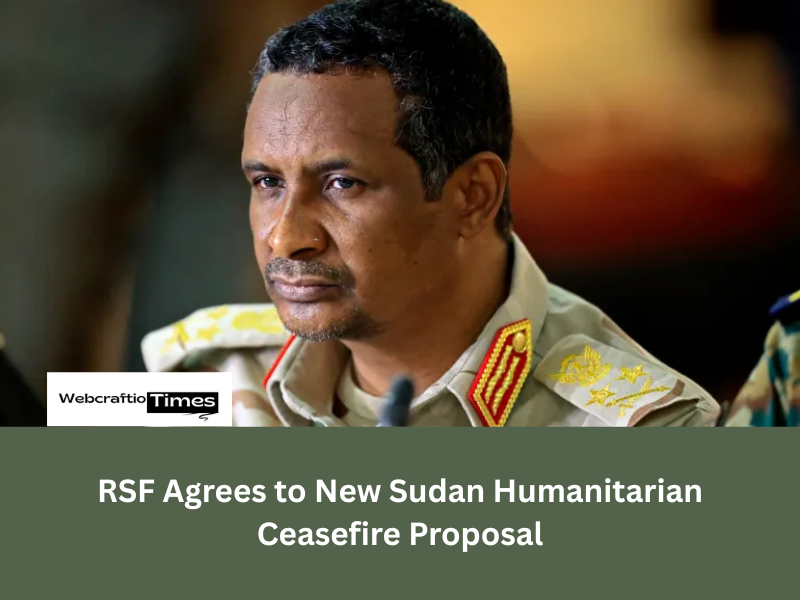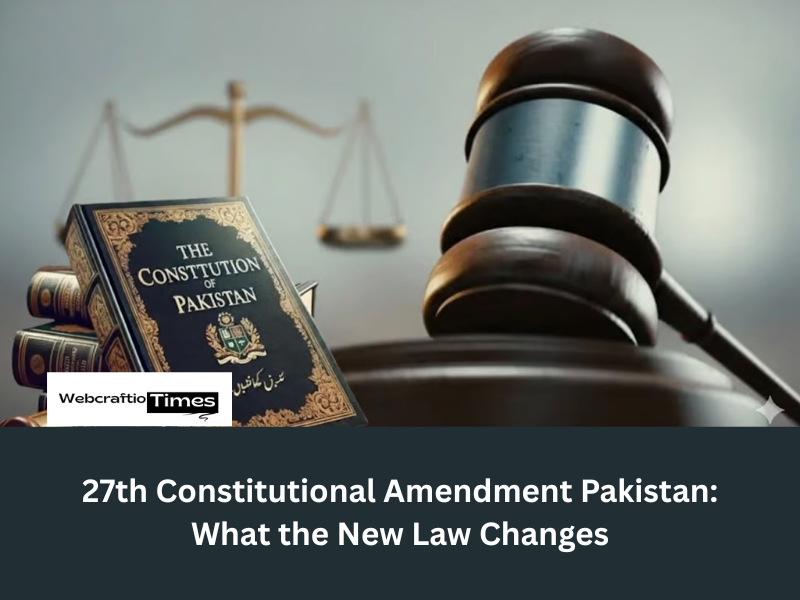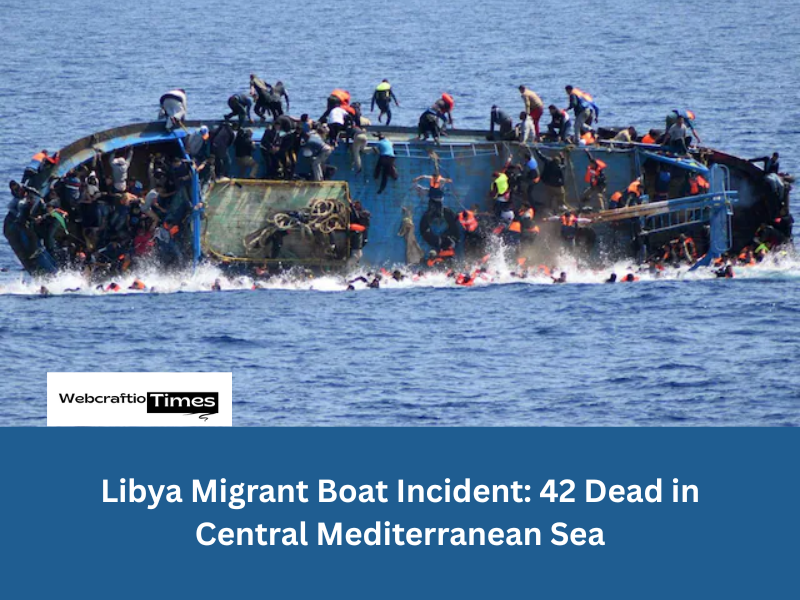A Critical Possibility: Army Responsibility Is Currently Up in the Air, but Security Forces Accept a Cease-fire.The Rapid Support Forces (RSF) have agreed to a new proposal. They accepted a Sudan Humanitarian Ceasefire proposed by international mediators. This move, announced on Thursday, offers a glimmer of hope.
The brutal conflict in Sudan has raged for nearly three years. This truce intends to pause the fighting. It will allow urgent aid to reach millions of suffering civilians. However, the opposing Sudanese Armed Forces (SAF) have not yet given a clear public response. Their hesitation darkens the prospects for a lasting peace.
The New Plan for a Humanitarian Ceasefire in Sudan
The proposal came from a group known as the Quad. This group includes the United States, Saudi Arabia, the UAE, and Egypt. The plan lays out a structured, multi-phase approach. Its first stage involves an initial three-month humanitarian truce. This pause would allow safe passage for aid convoys. It would also create humanitarian corridors.
You May Read This: RSF Captures El-Fasher: Marking End of Army’s Control in Darfur
Following the truce, the plan calls for a permanent ceasefire. After that, a nine-month political process would begin. This process aims to establish a civilian-led government. The RSF stated their agreement affirms their commitment. They want to address the conflict’s catastrophic humanitarian consequences.
They also want to enhance civilian protection immediately. The paramilitary group looks forward to commencing discussions. These talks will cover a cessation of hostilities and the political track. They hope to create an environment for a lasting peace.
The SAF has expressed caution about this plan. A military official welcomed the proposal in principle. However, the official stated a critical condition for acceptance. The SAF insists the RSF must withdraw from all civilian areas. The RSF must also give up the weapons they seized. This precondition creates an immediate barrier. It highlights the deep mistrust dividing the two powerful factions.
The Challenging Background of War Crimes and the Fall of a City
This agreement arrives during a dark time for Sudan. The RSF recently seized El Fasher, a key city in Darfur. El Fasher was the last major SAF stronghold in that western region. Its fall followed an eighteen-month siege. Reports of atrocities and ethnic killings accompanied the takeover. The UN Human Rights Council has received evidence. This evidence suggests mass executions and sexual violence against civilians. The RSF leadership denies involvement. They claim they are investigating any individual violations.

The United Nations has warned of a deepening crisis. They fear the violence may constitute ethnic cleansing. The International Criminal Court is currently collecting evidence. Prosecutors are investigating alleged war crimes in El Fasher. These grave accusations complicate the peace process significantly. Many observers worry the truce is a political deflection. They fear it may simply divert attention from the horrific humanitarian situation.
Disaster on the Ground: The Urgent Need for Aid
A cessation of fighting is urgently necessary. The war has produced the world’s largest displacement crisis. More than twelve million people have fled their homes. Millions are displaced inside Sudan. Millions more have become refugees in neighboring countries.
The crisis has triggered a famine. Famine has already been declared in several areas. Nearly twenty-five million people face acute food insecurity now. That represents more than half the Sudanese population. War and insecurity are creating this man-made disaster. Fighting has destroyed infrastructure and blocked supply lines. Aid groups report that three-quarters of health facilities are non-functional. Disease outbreaks like cholera spread rapidly without proper medical care.

The lack of access has created a desperate situation. Aid convoys often face looting or attacks from both sides. Community kitchens, a lifeline for many, are collapsing. A recent survey found eighty-three percent of families in eastern and western Sudan lack sufficient food. An immediate, enforced, and lasting Sudan Humanitarian Ceasefire remains the only way forward. It offers relief from this spiraling catastrophe.
The Weight of False Promises and Distrust
This is not the first time a truce has been announced. The SAF and RSF have agreed to Numerous Ceasefires since the conflict began. Every previous agreement has quickly failed. Both sides have consistently violated those prior pacts.
They show little regard for commitments to protect civilians. This history breeds profound skepticism. International diplomats must exert heavy pressure for this new agreement to hold.
The US-led Quad mechanism faces a difficult challenge. They must ensure compliance from both warring parties. They must also create accountability mechanisms. Without strict monitoring and enforcement, this ceasefire risks the same fate.
Sudan requires a political solution, not just another temporary pause. The SAF must now state its clear, public position. The world is watching to see if Sudan can finally move towards stability. The long-suffering Sudanese people desperately need this truce to succeed. A three-month pause is only the beginning. True peace requires sustained effort.
Frequently Asked Questions (FAQs)
- Who accepted the new ceasefire proposal in Sudan?
The Rapid Support Forces (RSF), the main paramilitary group fighting the Sudanese Armed Forces (SAF), publicly agreed to the new proposal.
- What is the main goal of the proposed Sudan Humanitarian Ceasefire?
The main goal is an initial three-month pause in fighting to allow urgent aid convoys to safely reach millions of displaced and starving civilians across Sudan.
- Which countries proposed this new truce plan?
The proposal was put forward by a group of international mediators known as the Quad, which includes the United States, Saudi Arabia, the UAE, and Egypt.
- What is the Sudanese Army’s (SAF) official response to the ceasefire?
The SAF has not officially responded yet. Military officials stated the army will only agree if the RSF first withdraws completely from all civilian areas and returns seized assets.
- Why is there skepticism about this new truce holding?
Skepticism is high because numerous previous ceasefire agreements between the RSF and SAF have quickly failed since the conflict began, with both sides routinely violating the pacts.



